What To Do If Your Brakes Fail While Driving
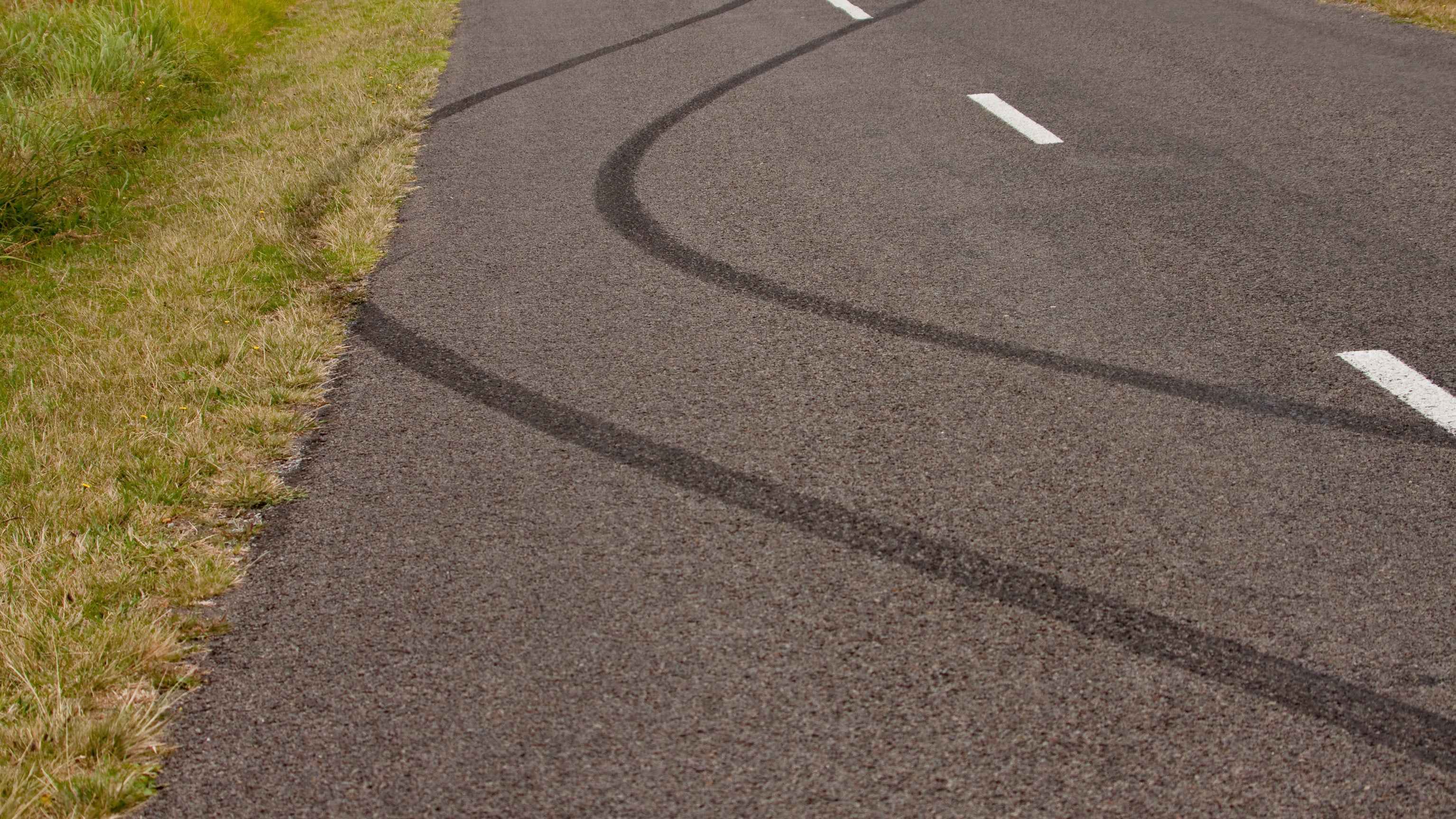
What to do When Brakes Fail Take your foot off the gas. Turn on hazard lights (if you have time). If the roadway is relatively clear and you're still in full control of the vehicle, turn on your hazard lights and honk your horn to warn others around you. Even if they don't fully understand your predicament, they will be aware to steer clear of you.
What to do if your Brakes Fail?

First, downshift to a lower gear. Second, if you have regular brakes pump the brake pedal fast and hard to build up brake fluid pressure. If the brakes haven't started working after three or four pumps go on the step three which is use the parking brake. Gradually apply the parking brake and be prepared for the car to skid.
Truck's brakes fail down steep hill, oblivious caravan driver fails to get out of the way
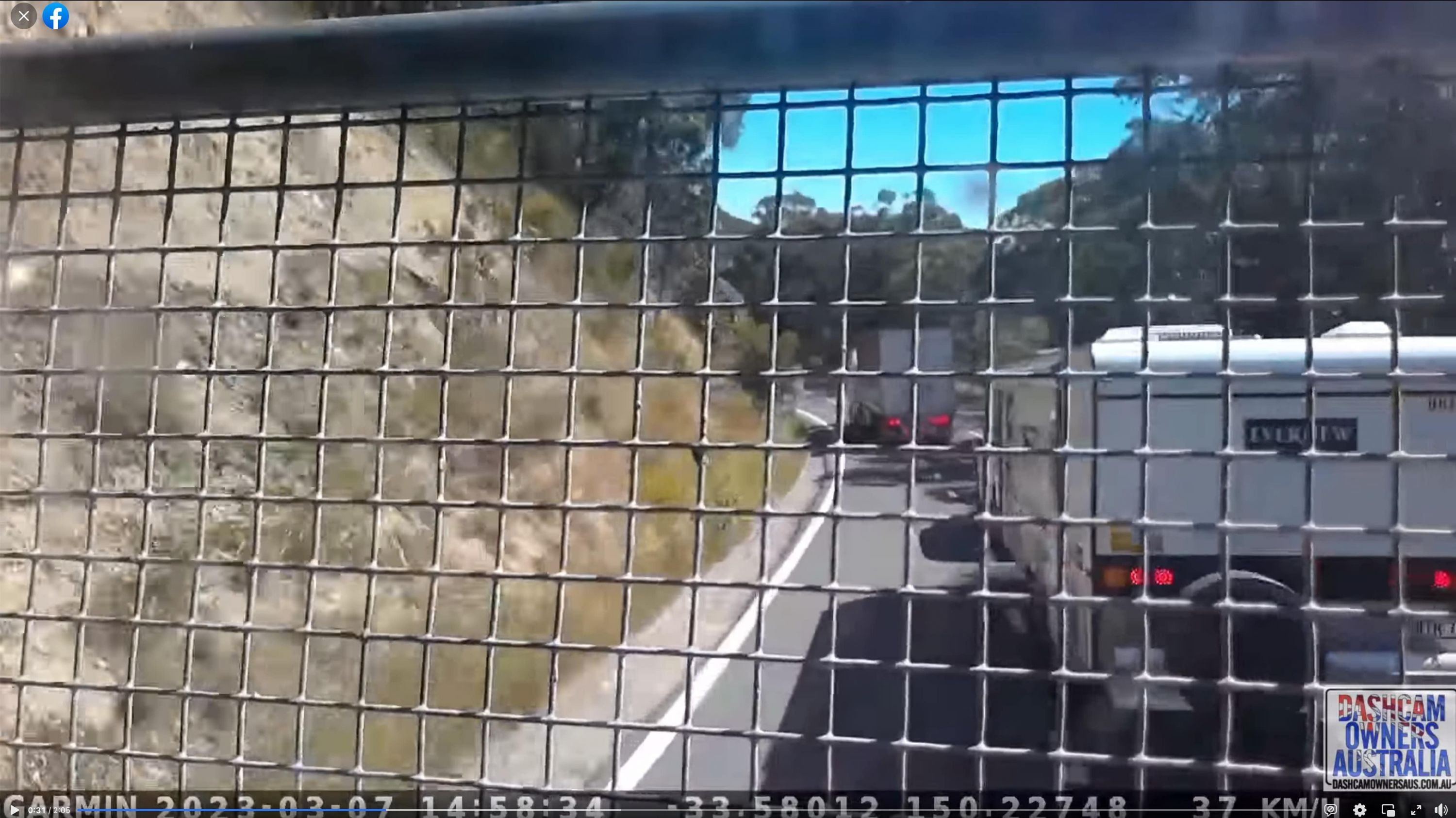
What to do if Your Brakes Fail Stay calm: Remaining calm when your vehicle suddenly refuses to stop is indeed easier said than done. But you must avoid panicking, as this can cause you to swerve, make erratic movements, or make bad decisions that can be dangerous.
What Should You Do If Your Brakes Fail While Driving?

1 Pump the brake pedal hard, several times. This will often build enough pressure to regain partial braking ability and slow the vehicle. DO NOT try this step when driving a vehicle with anti-lock brakes (ABS). 2 Drop into a lower gear. This will help to reduce your speed. 3 It is time to use your parking brake.
What to Do if Your Brakes Fail

Shift the car down to a lower gear immediately Begin to pump the brake pedal repeatedly to regain brake fluid pressure Result to using the parking brake to stop yourself If all brakes do not work, pull into low gear and find a safe place to pull over (until car rolls to a complete stop)
What to do if Your Brakes Fail on the Road

Typically, brake failure happens when you've lost a lot of brake fluid or you have worn brake pads—leading to malfunctioning brakes. If you should ever find yourself in this situation, follow these steps to handle it safely. Downshift Right Away Don't panic: you can manage this situation.
How to Stop Safely When Your Brakes Fail

1. Don't panic. Step one is easier said than done, we know. Whether you're racing down the highway at 70 MPH or rolling through a parking lot at 5 MPH, panic is a natural first reaction. Do your best to remain calm and collected. You can do this. 2. Don't turn your car off. Schedule an Appointment Schedule
When Brakes Fail What to do in 7 Steps
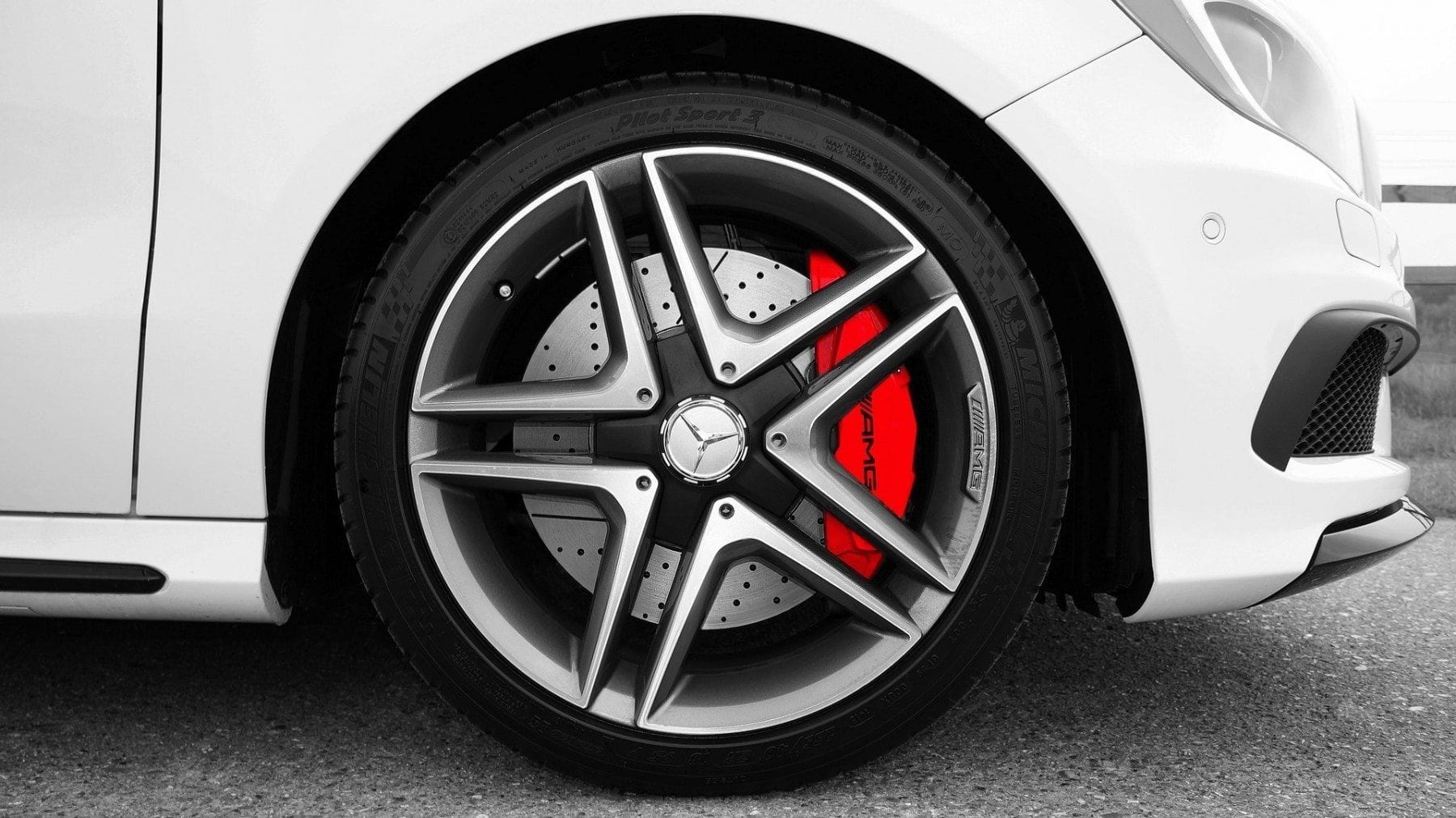
Slowly downshift. Moving to a lower gear will help to decrease any momentum. Pump your brakes fast and hard. Most vehicles today have dual braking systems that work with the front and back brakes independently. Pumping the brakes may be enough to engage some of the brakes to help slow you to a stop.
How Common Is Brake Failure? Dyer, Garofalo, Mann & Schultz

Brake failure is when your brakes stop doing this. They may still work inconsistently or gradually, but they will not stop you fast enough to prevent an accident. Total brake failure is when the brakes do not work at all. Either you can not get the pedal or press down or the pedal presses down, but the brakes aren't stopping the car.
How Do Brakes Fail?

If your brakes fail, it's in your best interest to remain calm and attempt to get your car safely off the road. Try the brakes again Unless you're behind the wheel of a classic car, your vehicle likely has a dual braking system, which controls your front and rear brakes independently.
In Fig. 835, a runaway truck with failed brakes is moving downgrade 130, km/h just before the

The emergency brake is a mechanical system that locks your vehicle's wheels in place. The emergency brake bypasses the hydraulic system that has presumably failed in this instance and applies pressure directly to the brakes. Stay calm and apply the emergency brake slowly. Slamming the brakes can cause your vehicle to fishtail.
Top 87+ images please take a break toyota In.thptnganamst.edu.vn
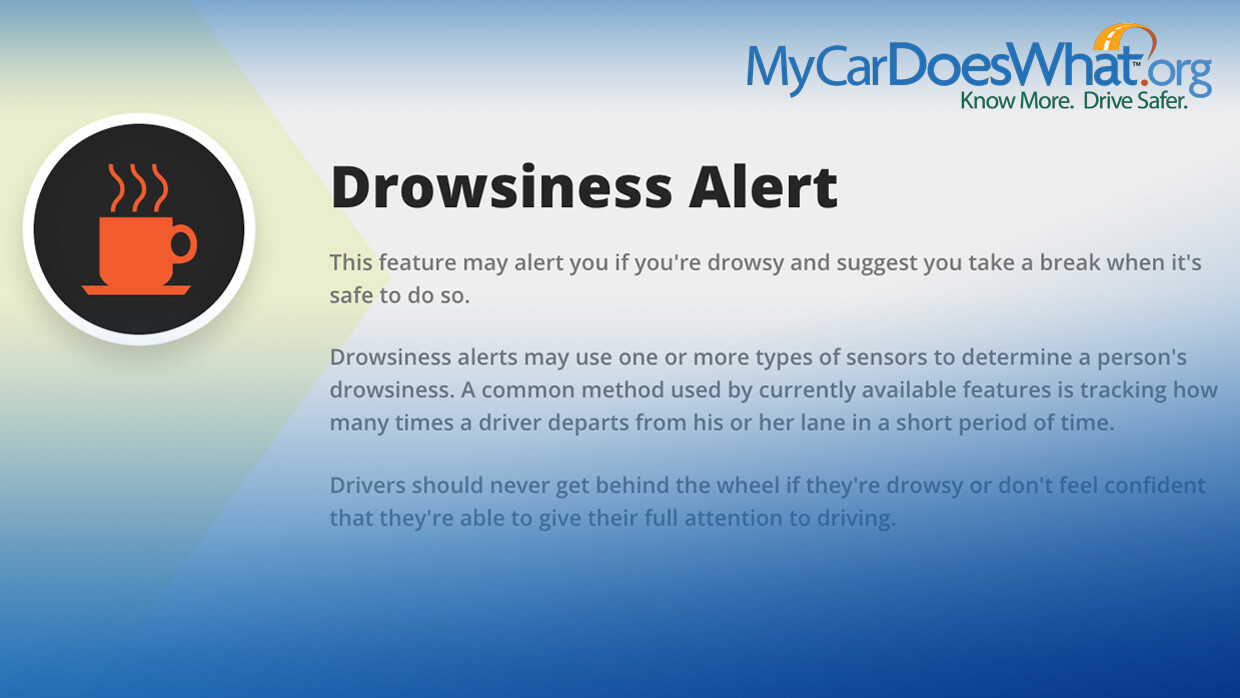
Move your vehicle into the right lane as soon as possible. Move toward the right shoulder of the road, or, if possible, toward an exit. 4. Stay off the gas pedal. This should go without saying.
What Should You Do When Your Car's Brakes Fail

Pump the brake pedal continuously. This could build residual pressure in the brake system to slow the car, but will most certainly warn trailing traffic you are attempting to stop. If you feel brake pressure return, gradually press the brakes until you come to a stop. Slowly and gradually pull or press down on your parking brake.
गाड़ी में ब्रेक फेल होने पर क्या करें? किस तरह से गाड़ी रोके! GK in Hindi General Knowledge
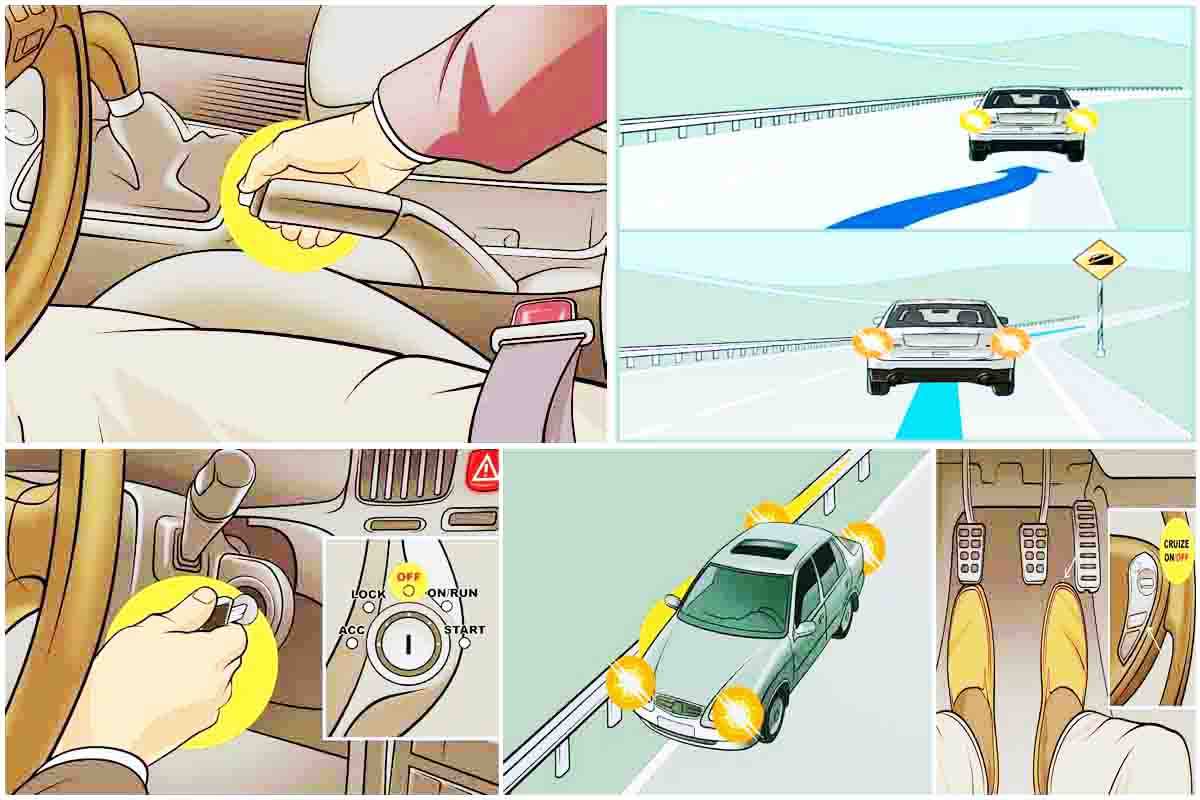
What to Do When Brakes Fail 1. Stay Calm While Taking Your Foot off the Gas 2. Power up the Warning Lights 3. Pump the Brake Pedal 4. Gradually Downshift the Gears 5. Cautiously Apply the Emergency Brake 6. Steer Yourself from the Traffic 7. Contact Roadside Assistance What Are the Signs of Brake Failure? What Are the Reasons for Brake Failure?
How Do Brakes Fail? Brake Experts
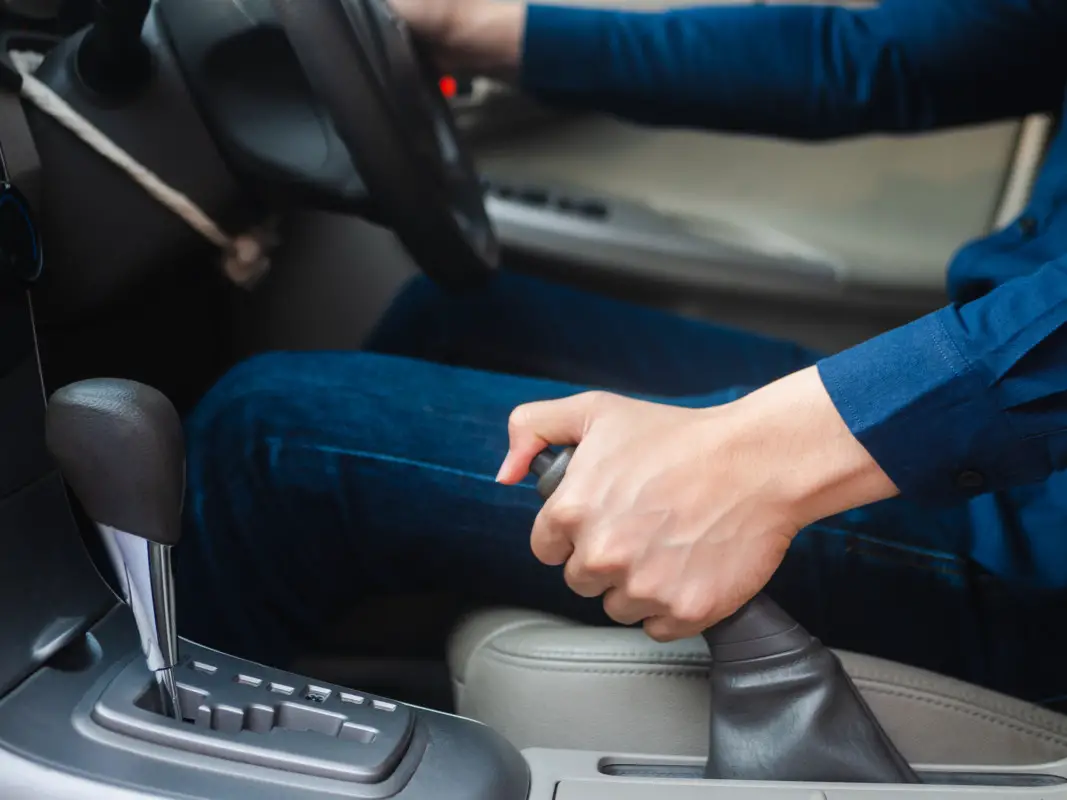
First, the pressure from pressing down on the brake pedal transmits to the brake lines, containing brake fluid. Next, the vehicle multiplies the compression force to the relative force required to slow the vehicle. The brake fluid then transmits the pressure to the brake pads and causes friction.
GUIDE What To Do If Your Brakes Fail Safe Braking
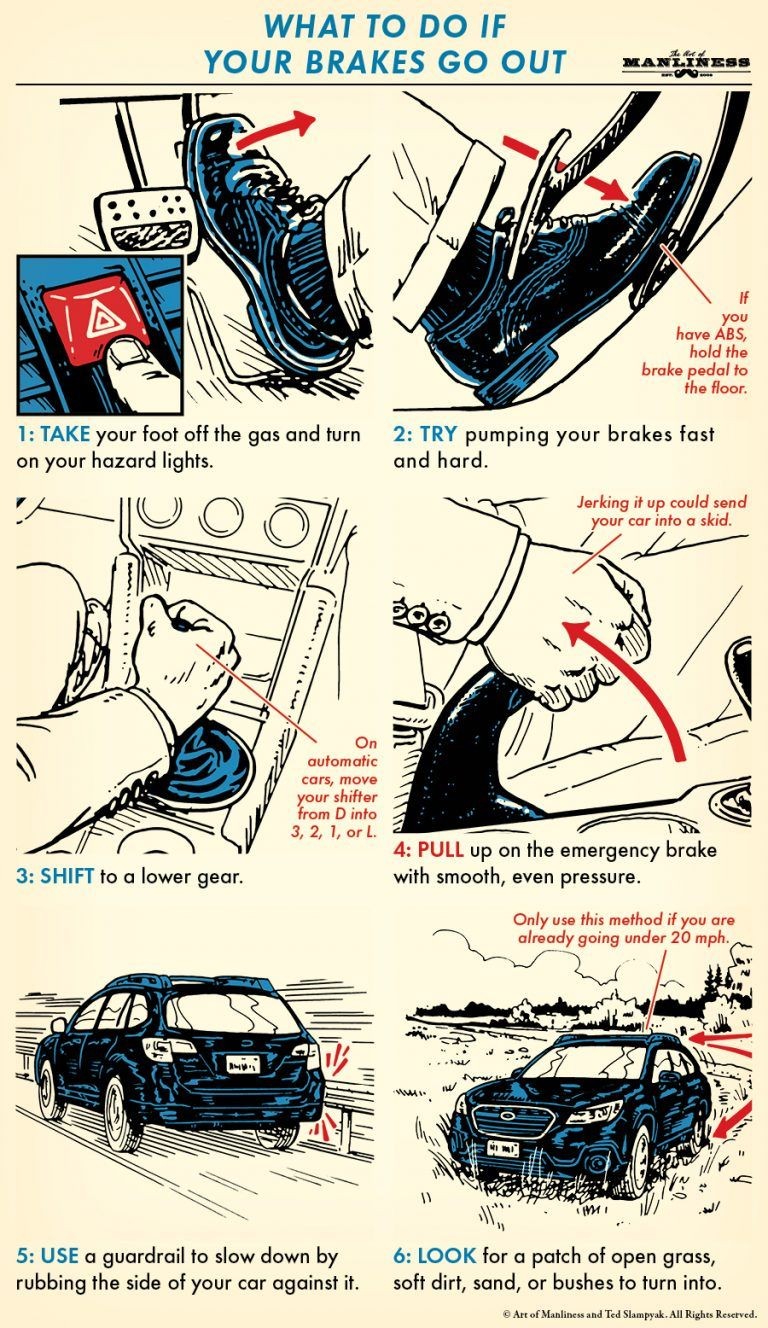
First, pump the brake pedal three or four times. This could help build up enough pressure in your brake line to slow your speed. Pumping the brakes will also cause the brake lights to flash, giving the driver behind you an early warning sign that something is amiss.